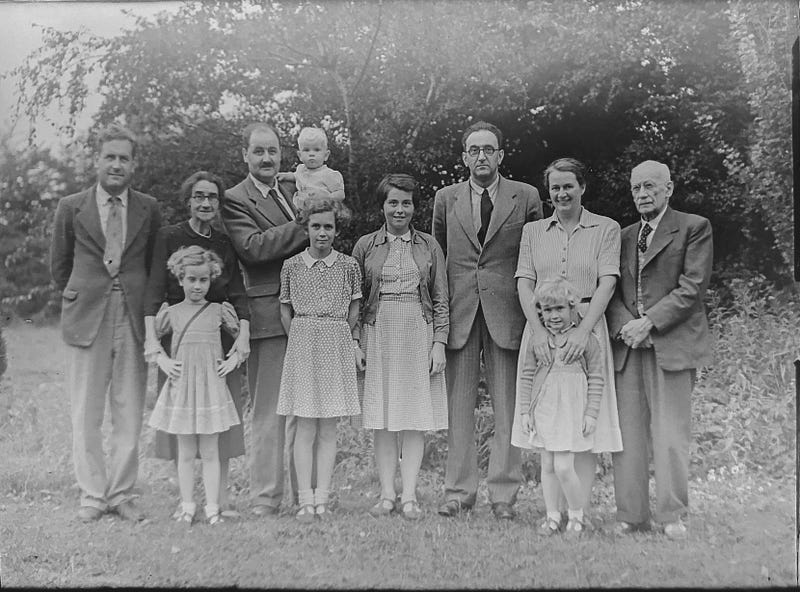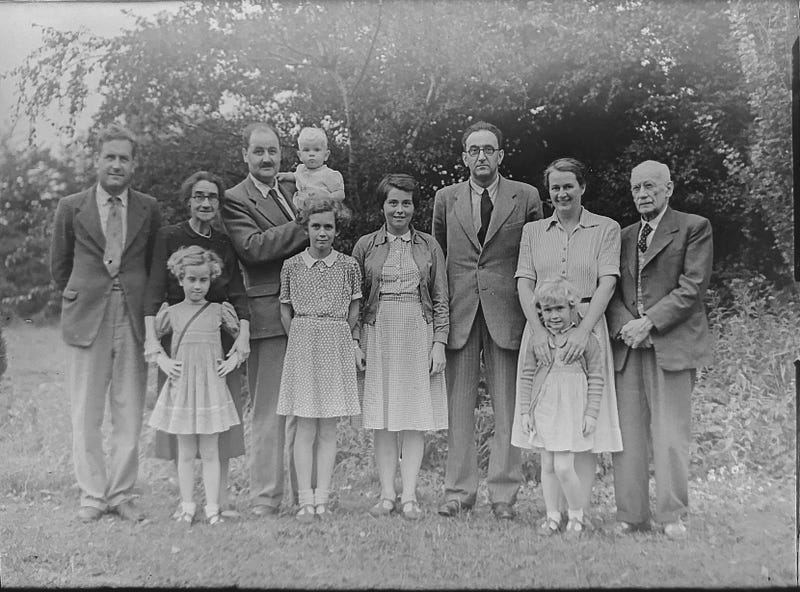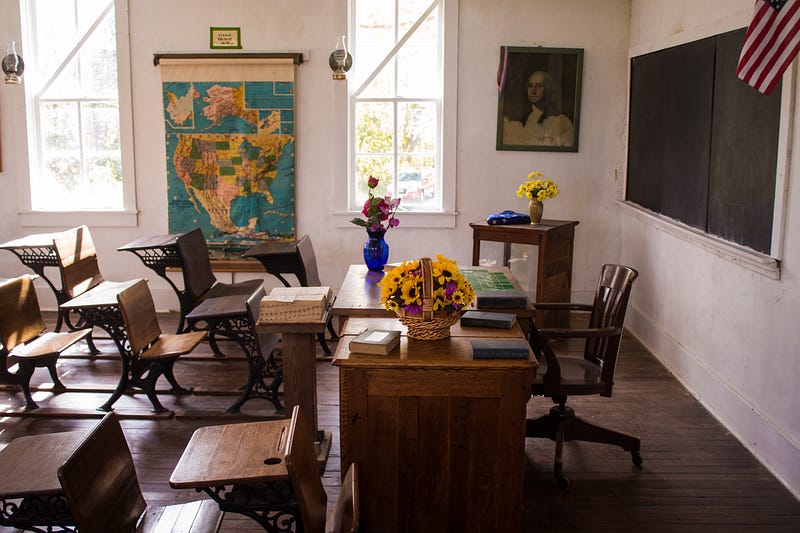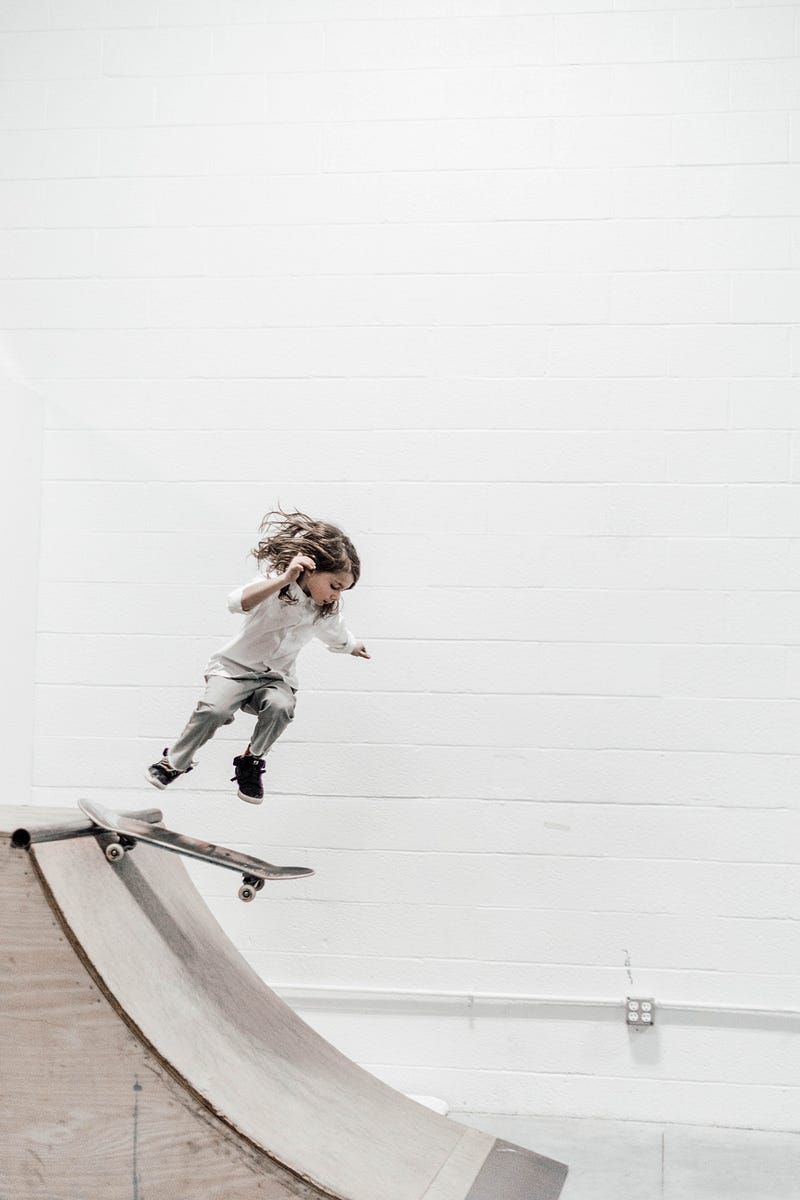The Mistakes of Our Fathers
February is Teen Dating Awareness Month so let’s talk about parents.
February is Teen Dating Awareness Month so let’s talk about parents.
The heavy wooden door slammed behind me one July night in 1991 with my mother’s warning at my back, ”you’re going to wind up pregnant and never to go to college!”. As the oldest of four, my mother had long misdirected her dissatisfied anger at me. I knew early on that my parents got pregnant with me while in their late teens and married because of that. Of course, me at 18 heading out on a Friday night for drinking and movies at a friends was going to set her off. So while I knew better, her words still stung. Mothers always know how to get their children at their most tender. Mine was no exception.
Today, I talk a lot with people about what it was like in their household growing up. We talk about their relationships, or lack thereof, with their parents. About whether or not they felt safe and cared for. Some talk about a “toxic family” or “monster” parent. Many tell me about an assault in high school or an abusive relationship in college. And sometimes, much later they say out loud that they were molested or raped as a child.
These same people are sometimes parents themselves too. And they often ask what they can do about keeping their own kids safe. Gen X parents like me may have run wild as teens but there was no sexting or even online pornography. Teen dating violence, however, did happen. But no relationship starts out at abusive. So while dating violence is still common, I don’t want to offer grim numbers and dire situations. I want to focus on parents. Because there is a lot they can do to make things safer and healthier for their children.
Because it’s not happening in school.
Many parents assume that kids and teens get basic sex ed in school. What “basic sex ed” is means different things to different people but you might think of contraception, STI education and healthy relationships. Yet only 35 states require sex education or education about HIV/AIDS and other STIs. And 86% of public school districts that have a policy to teach sex education require that abstinence be promoted. Clearly sex education today is spotty and inconsistent. Kids and teens are in an especially precarious position when they do get involved in bad relationships because they may have no idea what healthy, safe relationships looks like.
ANSWER Executive Director Nicole Cushman agrees,
“Without sex education, students may not learn how to state their boundaries or to respect the boundaries of others, leaving them vulnerable to relationship violence in the future. When it’s done well, sex education covers far more than just the birds and the bees. Effective sex education programs teach about consent, communication and decision-making skills and help students develop the knowledge and skills they need to establish healthy relationships.”
The good news is that there are things parents can do to help keep their children safe. I talked to Michelle Hope, teacher, podcaster and author of The Girls Guide to Sex to get her thoughts. One of the first things Michelle stressed to me was the importance of parents creating community for themselves. It may seem frivolous or maybe irrelevant but a circle of support for parents is essential. Hearing from other parents, knowing what they are struggling with and learning strategies on what works can go a long way in building one’s own resiliency. Resiliency insulates when things do happen, whether in their child’s life or their own.
It’s also okay to say “not all relationships are perfect,” and to show you as the parent work with your partner to improve that relationship.
“It’s important parents are aware of their own relationships…because children pick up on relationship dynamics more than parents are aware of,” says Michelle.
Parents that communicate well, admit their mistakes, and express love safely show that relationships take work. This kind of modeling helps kids understand that the relationships they see on television aren’t real.
Michelle thinks television shows can play a great role, though, in protecting kids against dating violence. She advises parents to use the shows that their kids are watching as a starting point to talk about relationships. Parents can ask “how is that relationship healthy?” or “what does that relationship look like to you?” and use the characters on the show as a neutral lens to talk about heathy relationships.
Imagining what teens want in a future relationship can also be a powerful discussion tool. Michelle recommends a relationship vision board as another way for parents to start a low-stakes conversation about healthy relationships. Parent and teen make boards separately on what they both want in their own relationships. Then they talk about the differences and similarities between the two.
I’m a trauma educator but also the parent of a small child. So while parents with kids my child’s age are not at immediate risk for dating violence, age is a risk factor sexual abuse.
28% of female rape victims were first raped between the ages of 11–17 years.
Over 25% of male victims of completed rape experienced their first rape at or before the age of 10.
Here are a few suggestions for younger kids:
Allow Kids To Say “No”. And listen to it! When we teach kids that “no” is an acceptable response, when we listen to their “no”, we show them that their voice matters, that their opinion counts. That helps them learn to listen to themselves. “No” is a complete sentence so it can be a way to set a boundary, as in “No. I don’t want to give grandpa a kiss,”.
Teach Kids to Listen to Their Body. Allow kids to get themselves as a snack if they are hungry. Or choose to put on a jacket. One of my own challenges is allowing my child to determine her own body temperature. I’m freezing so I bundle her in layers! Helping kids listen to their body, however, encourages them to pay attention to their needs and builds emotional language skills.
Regardless of the age of your children, Michelle tells me that creating resilience in kids as a protective measure against dating violence is “not about forbidding (people, behaviors, language), but building…building a toolbox of strategies to help kids make smarter decisions, now and in the future,”.
Lastly, Michelle told me that parents can start work early around helping kids stay healthy and safe by addressing their own hang-ups, trauma or triggers around dating and dating violence. As soon as she said this, I remembered my mother’s words: “pregnant and not in college,”. How might our relationship have been different if she had addressed her own past instead of foisting her unaddressed feelings on me?
Through #TellYourTrauma project, I am hearing from more and more abuse survivors. One story, from D., feels particularly relevant:
“The traumas of my life have changed me. I experienced family violence in the home I grew up in. I went through domestic violence with a boyfriend and domestic violence and sexual abuse with two partners. I often walk thru life feeling as if parts of me are broken, missing, and lost as well as feeling abnormal and see thru (imposter). I feel that the traumas I’ve survived and endured have caused me to not truly understand who I am and what I want.”
Like your own children, D. was not taught what safe and healthy relationships look like in a sex ed class at school. D. did not have a parent examine their own life as a way to create a better one for her and her siblings, or even model healthy behaviors.
Despite everything, D. is hopeful.
“I have come to understand that I am not alone in my struggle to build a meaningful life while learning to recover from the effects of trauma. Through it all I know that it is possible to find my purpose and to be the true authentic me after trauma. I’m still working. I’m still looking.”
D. may have been isolated at some of her darkest times but “knowing she is not alone in her struggle,” helps us understand that D. has found community.
When I first read D’s words, it was her conclusion that stuck with me: community matters. Resilience is about relationships, not determined grit in isolation.
Some of our parents failed us miserably. I hear this everyday from the survivors I talk to. But their failures don’t have to become our legacy. Of course as we trudge forward, well-intentioned and with a full toolbox, we will make mistakes. But here’s the thing: it’s about connection, not perfection. It’s about doing the work, asking questions, admitting our wrongdoing and resolving to do better next time. That’s what really matters.
Elizabeth M. Johnson, MA is a writer and podcaster. She talks about trauma, relationships and how we make decisions,using an intersectional lens. Sign up for her bi-weekly Substack here or follow her @EMJWriting.







